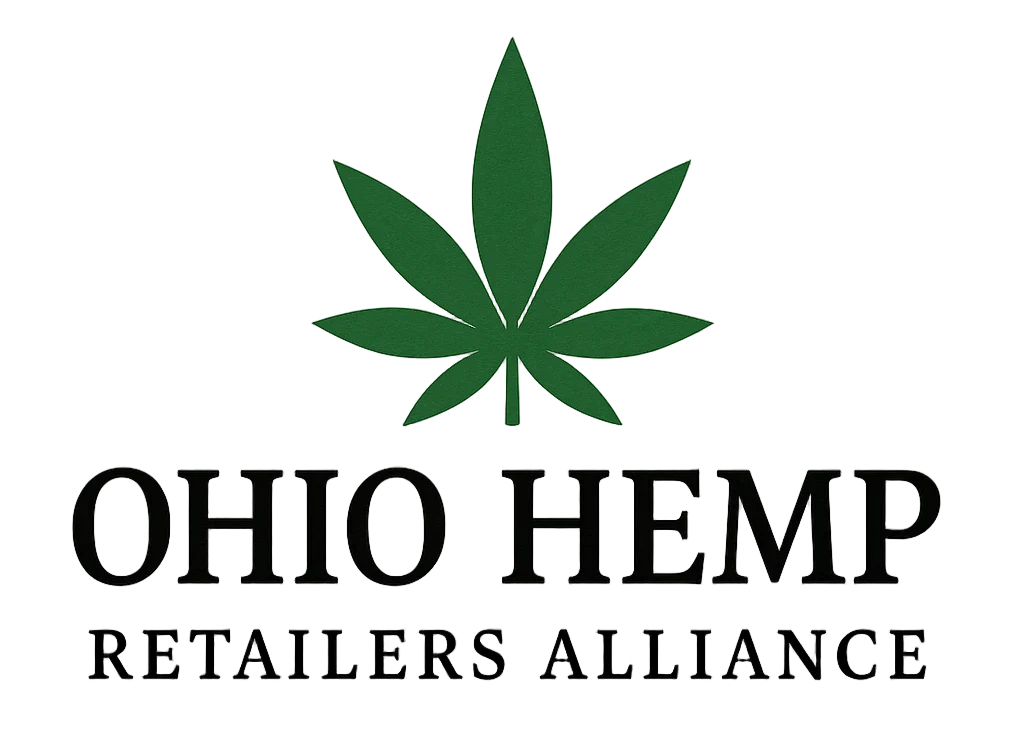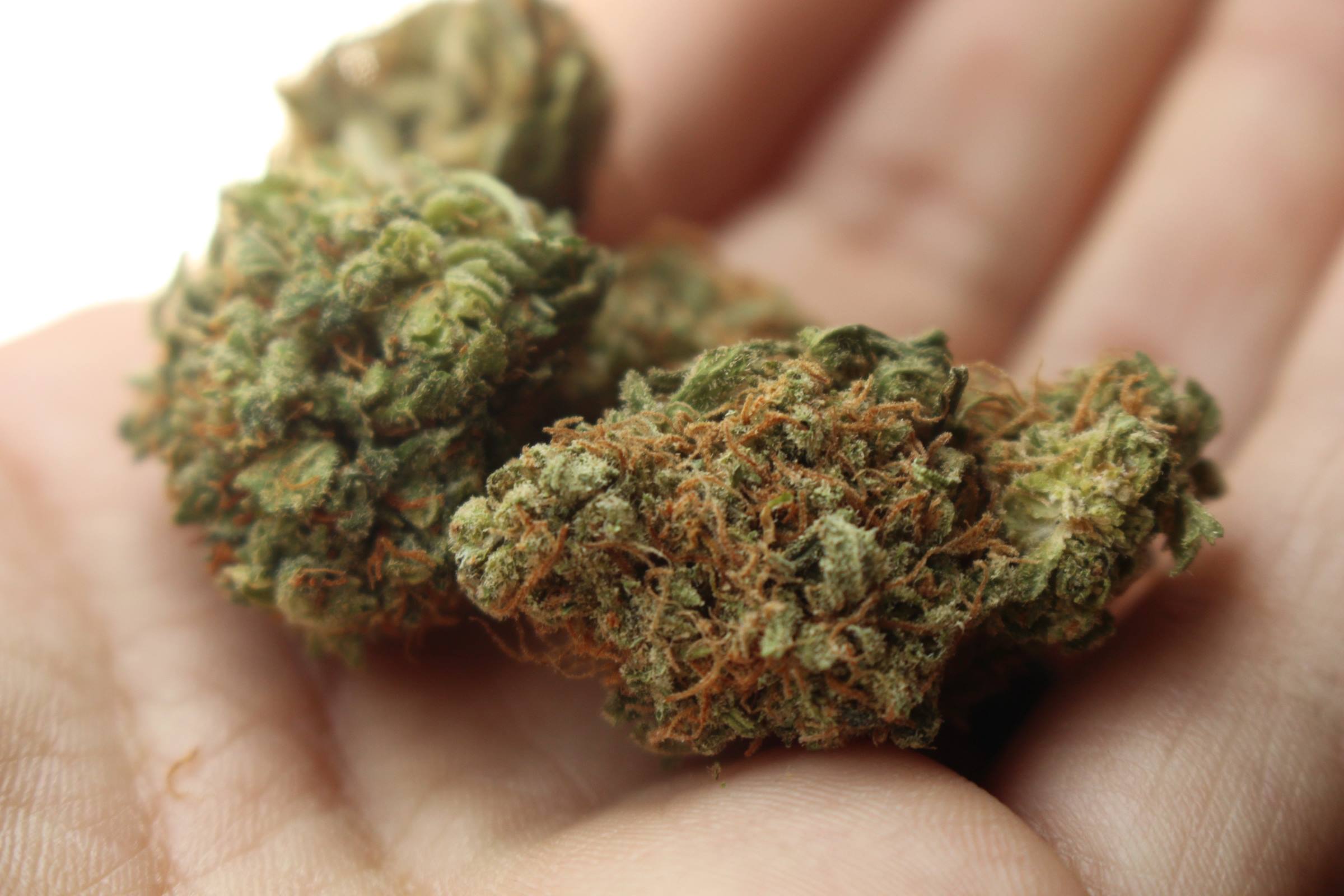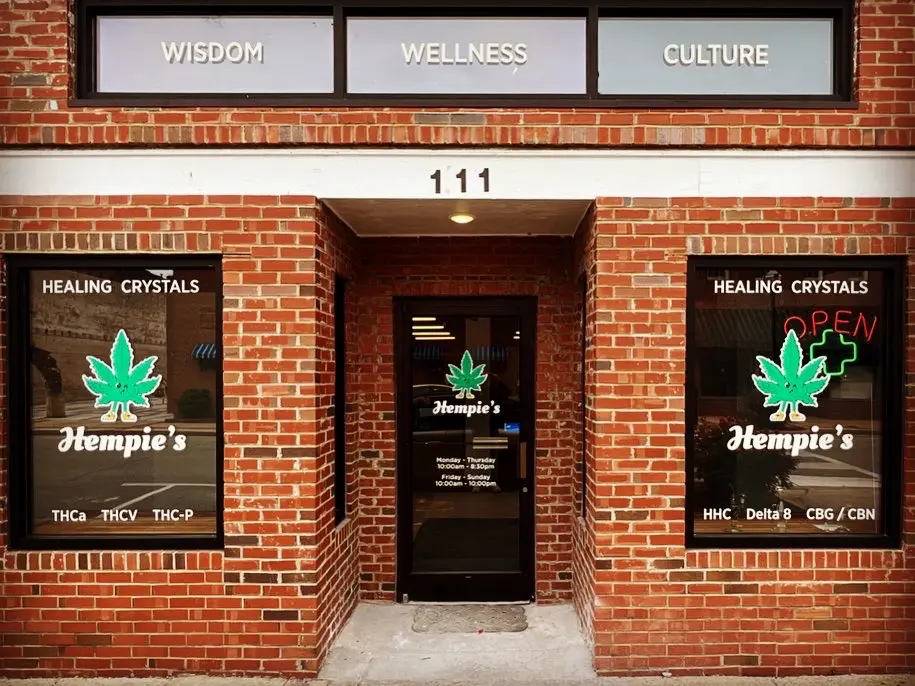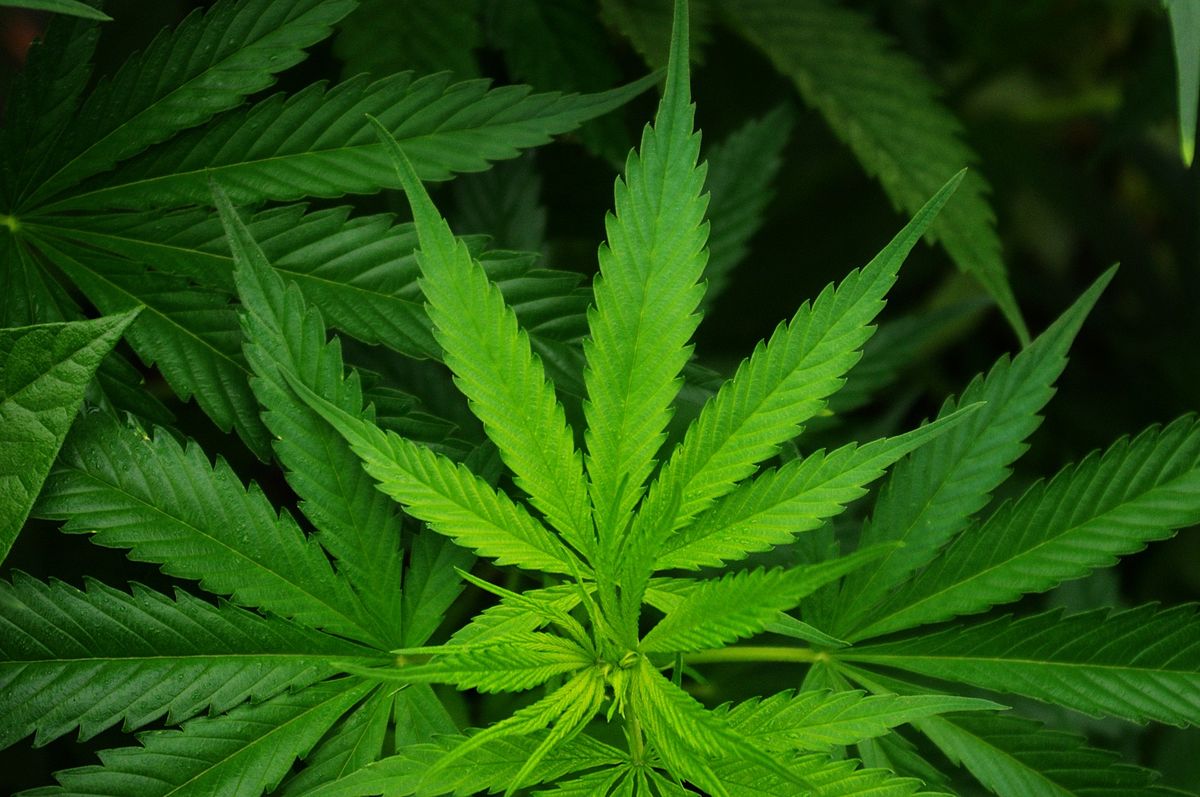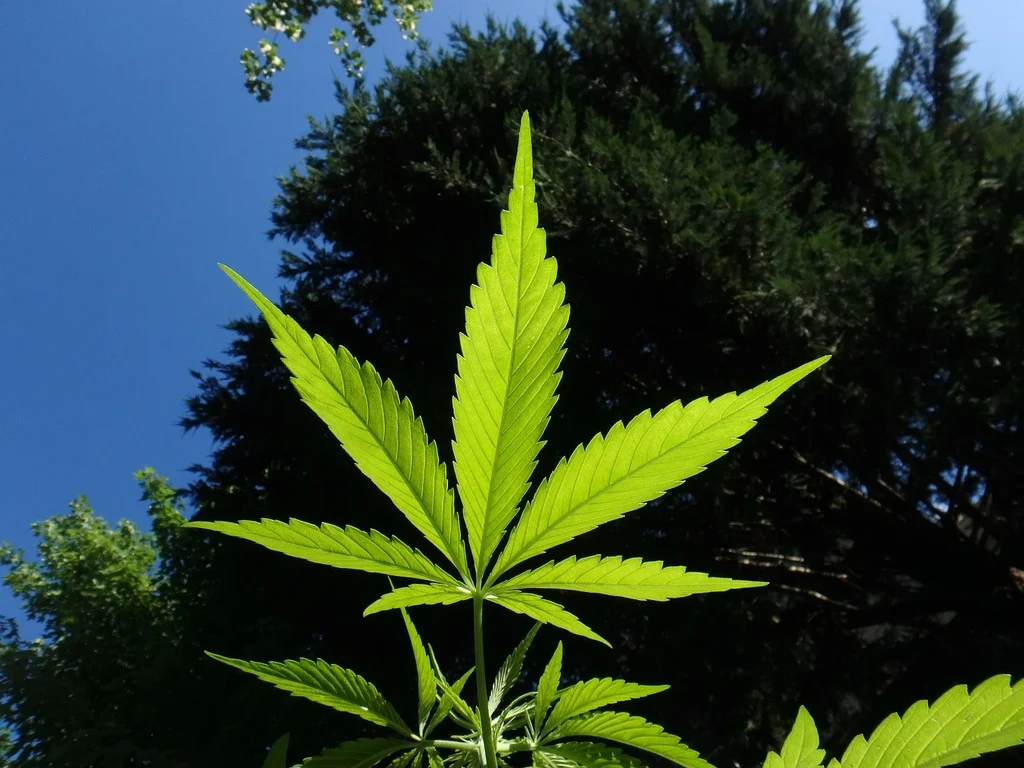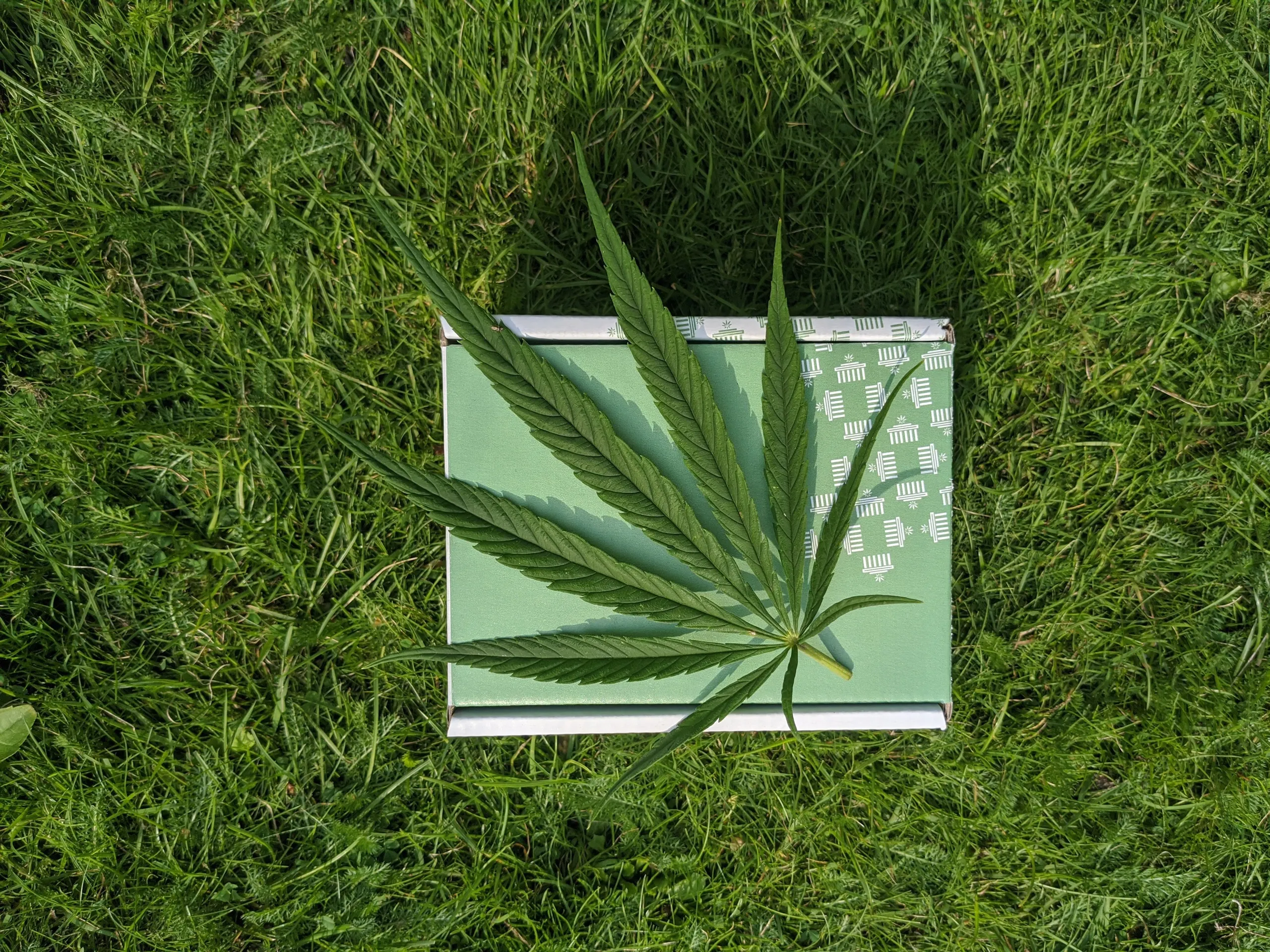Hemp and marijuana aren’t the same thing. But you wouldn’t know that from the way lawmakers talk.
Here’s the truth: both come from the same plant species — but the law draws a hard line between them. That line is based on THC, the compound that makes you feel high.
If the product has 0.3% THC or less, it’s hemp. Legal under federal and Ohio law. Grown by licensed farmers. Sold by everyday retailers. Available in stores without a medical card.
If it has more than 0.3% THC, it’s marijuana. Highly regulated. Only sold in dispensaries. Requires a doctor’s recommendation and registration.
That 0.3% number is the legal dividing line — not just a label, but a law.
Hemp can include compounds like CBD, Delta-8, Delta-10, HHC — all with effects that are milder and used for things like sleep, stress, pain, and relaxation. People choose them because they want control. They want something gentle. They want something legal.
But SB86 and HB198 blur that line. They treat hemp like it’s marijuana. They go after small businesses as if they’re black market dealers. They use fear to justify taking away products that were legal yesterday — and still are today.
It’s misleading. It’s confusing. And it’s wrong.
Hemp is not marijuana. It’s a different product, used by different people, for different reasons. It deserves its own rules. Its own space. Its own protection.
If lawmakers don’t understand that difference, then they have no business writing laws about it.
